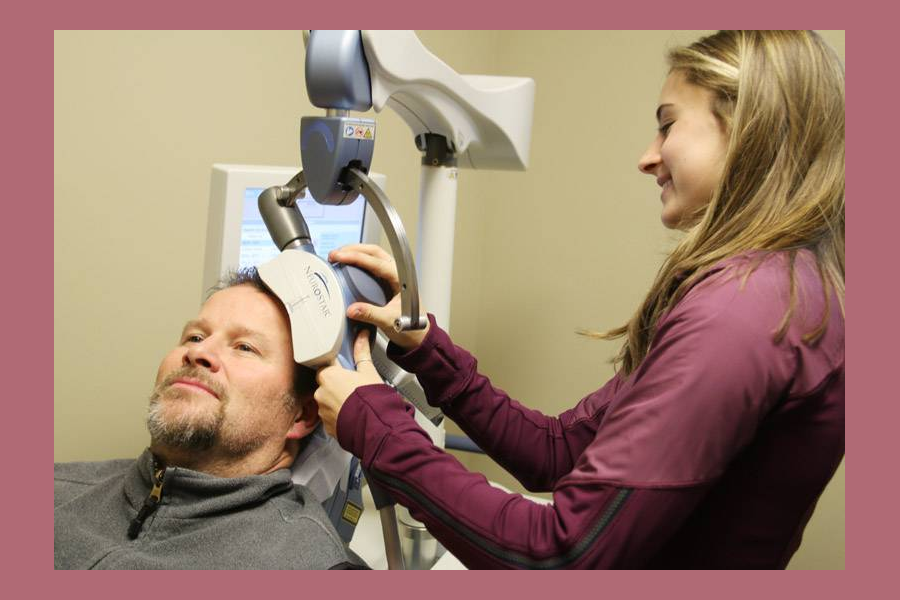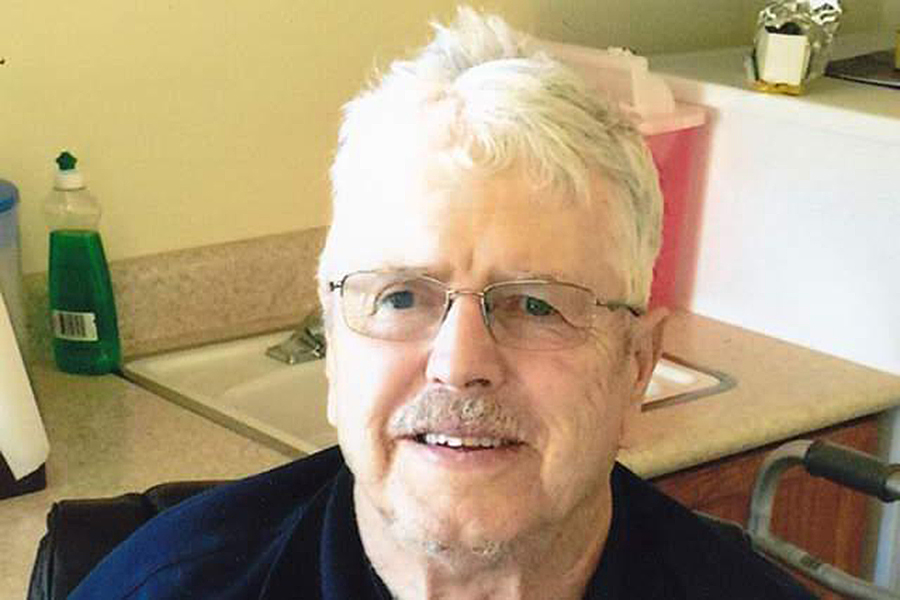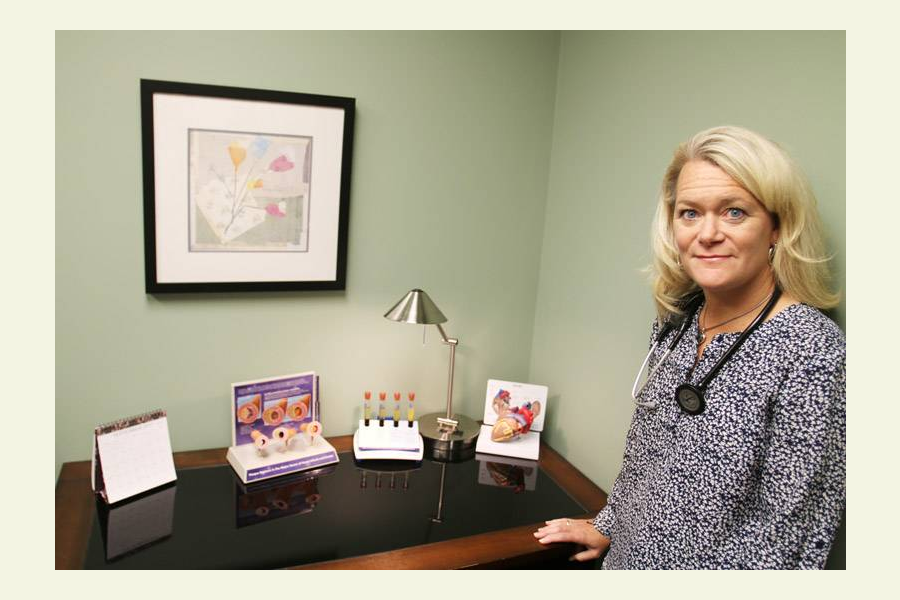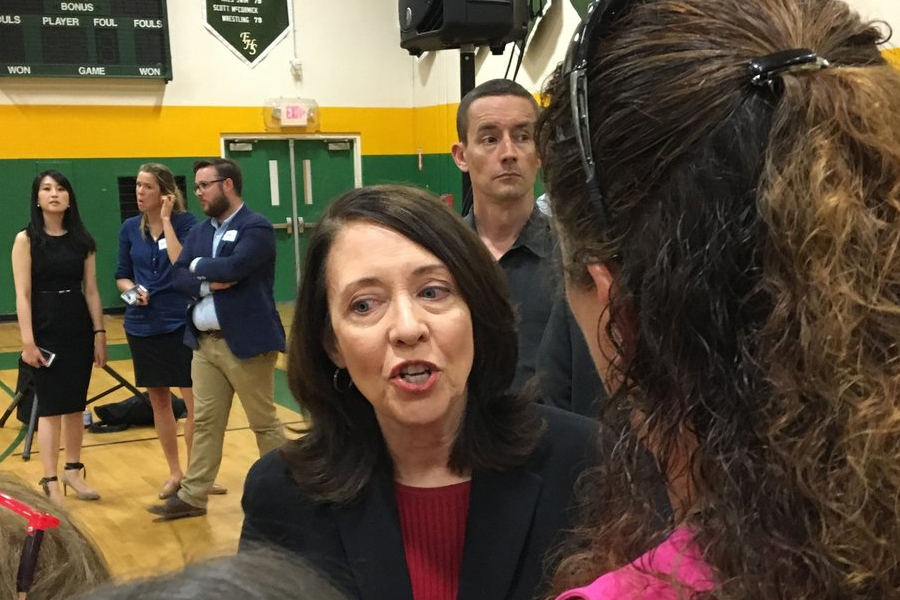By Dahlia Bazzaz for The Seattle Times
You don’t have to make regular trips to Olympia or Seattle to advocate for students with disabilities. If you’re strapped for time or childcare, here are some simple ways to stay engaged and share your story.
Jenica Sandall was attending conferences and reading about special education years before her son reached elementary-school age.
By the time he reached kindergarten, she knew that Dean, who has Down syndrome, would get a better education, socially and academically, if he learned alongside students in a general education classroom. But officials at her local district in Kitsap County, she says, pushed to place her son in a segregated special education classroom for kindergarten.
“You’d think that in this situation you would be the authority on your kid … but that’s not how it is,” Sandall said. “They just automatically assumed he couldn’t do it, without any data to prove that.”
But Sandall persisted. She paid an advocate to coach her on what she should say in meetings with district officials. On the advocate’s advice, she memorized parts of the federal Individuals with Disabilities Education Act, also known as IDEA, and invoked the law successfully to keep her son at his neighborhood school, where he receives extra help from a paraeducator.
The process was frustrating, and time-consuming for a full-time nurse and mother of two, Sandall says. But she considers herself lucky.
“For every one of me there are probably 10 families that don’t have the time to go to conferences and read books,” said Sandall. Since districts handle special education placement on a case-by-case basis, her success in keeping her son out of a segregated classroom doesn’t mean success for other families in similar situations.
“With the limited time I have, what are some ways parents can try to improve the system for all students?” Sandall asked Education Lab, which is answering reader questions about special education for the latest round of its Interesting Questions series. “What are some simple ways I can contribute statewide advocacy for special education?”






















